The money plant, known for its vibrant green leaves and easy maintenance, has become a popular houseplant across the world. But beyond its aesthetic appeal, the money plant holds deep symbolic meaning in various cultures, often associated with wealth, prosperity, and good fortune. This article explores the symbolism of the money plant in different parts of the world and explains why it’s considered a symbol of luck.
What is a Money Plant?

Before diving into the cultural significance, it's important to identify the plant itself. The term "money plant" commonly refers to different species depending on the region. In many places, it points to the Pachira Aquatica (commonly called the Money Tree), while in others, it refers to Epipremnum aureum, also known as Devil’s Ivy or Pothos. Both species are often grown as indoor plants due to their hardiness and reputation for bringing good fortune.
Symbolism in Feng Shui and Chinese Culture
In Chinese culture, the money plant, particularly the Pachira Aquatica, is deeply connected with Feng Shui principles. Feng Shui is the ancient practice of arranging living spaces to attract positive energy, and the money plant is believed to enhance the flow of prosperity and wealth energy.
According to Feng Shui experts, the five leaves of the Pachira Aquatica represent the five elements: wood, water, earth, metal, and fire. Balancing these elements is said to create harmony and attract wealth. Often placed near entryways or in the southeast corner of homes or offices (the wealth corner in Feng Shui), the money plant is believed to magnify wealth opportunities and success.
Moreover, Chinese legend has it that a poor farmer discovered the Pachira Aquatica and sold its seeds, leading to his financial success. This story is part of the reason why the plant has become a symbol of prosperity.
Also Read- Why Money Plant Is The Perfect Low-Maintenance Indoor Plant
Indian Beliefs Surrounding the Money Plant

In Indian culture, the money plant, particularly the Pothos variety, holds a similar connotation. It’s often considered a symbol of financial success and good fortune. It is believed that growing a money plant indoors, especially in the house’s north or east direction, can bring wealth and remove financial obstacles.
An interesting belief associated with the money plant in India is that gifting it to someone can enhance the flow of positive energy in both the giver’s and receiver’s homes. The plant is thought to improve relationships and foster prosperity. However, there is a superstition that if a person steals a cutting of the money plant rather than purchasing it, the plant will grow faster and bring more prosperity.
Symbolism in Other Cultures
The money plant is not limited to just Asian cultures in terms of symbolic importance. In the Western world, it has become a symbol of luck and good fortune, often given as a housewarming gift. Its reputation as a “lucky plant” stems from its association with abundance and growth, making it an ideal gift for those starting a new business or moving into a new home.
In Japanese culture, the money plant is sometimes referred to as the “fortune tree.” It’s believed that keeping one in your home or workspace will attract good fortune and happiness. Some Japanese businesses place money plants near cash registers or entryways to invite success and wealth.
Also Read- Money Plant Placement Tips: The Best Spots In Your Home For Optimal Growth
Scientific Backing for Symbolism

While much of the symbolism surrounding the money plant is rooted in folklore and tradition, there are some practical reasons why it is regarded as a source of positivity and well-being. For example, money plants, particularly the Pothos variety, are known to be excellent air purifiers. According to NASA’s Clean Air Study, these plants can absorb harmful toxins like formaldehyde and benzene from the air, promoting a healthier living environment.
The presence of greenery in homes and offices has been scientifically proven to reduce stress, improve mood, and boost productivity. In that sense, the money plant's symbolic association with happiness and prosperity has a grounding in science.
Also Read- 5 Tips For Growing A Healthy Money Plant Indoors
Modern Interpretations of the Money Plant
In contemporary times, the symbolism of the money plant has transcended specific cultures and become a universal symbol of growth and success. In an increasingly globalized world, where people from different cultural backgrounds coexist, the money plant has become a common houseplant, valued for its low maintenance and perceived ability to bring good energy.
Many modern practitioners of Feng Shui and home decor enthusiasts recommend the money plant not only for its beauty but also for its potential to enhance positive energy flow in any living space. Whether placed on a desk to invite career success or hung in a window to attract wealth, the money plant continues to be celebrated as a plant that promotes well-being.
Also Read- Money Plants As Office Companions: Boost Productivity And Creativity at Work
Conclusion
The money plant's symbolism as a bringer of wealth, prosperity, and luck spans multiple cultures, from the ancient traditions of Feng Shui in China to Indian beliefs about financial success. Its role as a universal symbol of good fortune continues to evolve, making it one of the most popular plants for homes and offices worldwide. Whether you're a believer in its mystical properties or simply enjoy its lush green leaves, the money plant is a charming addition to any environment—and who knows, it just might bring you a little extra luck.


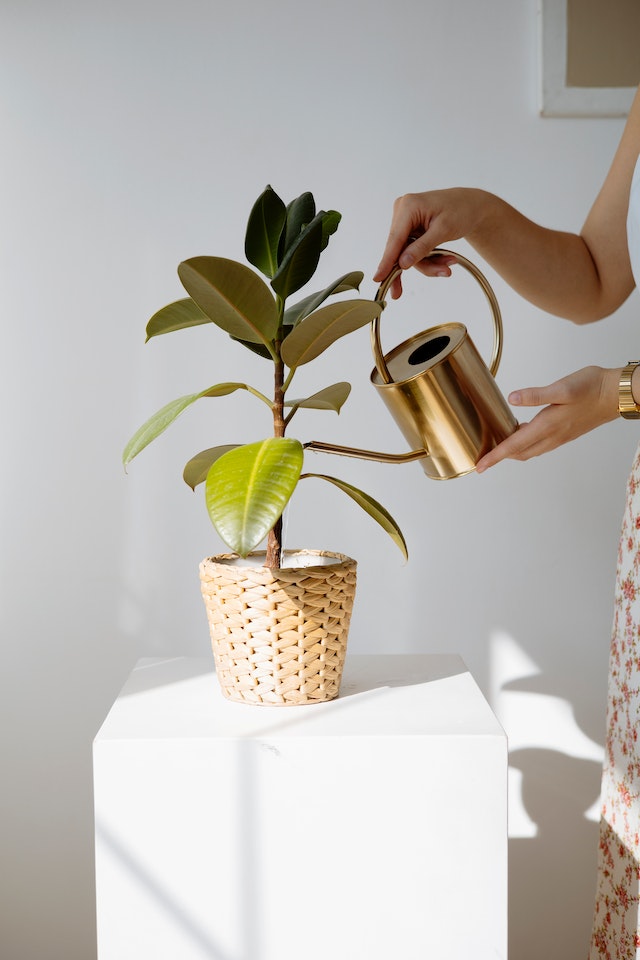



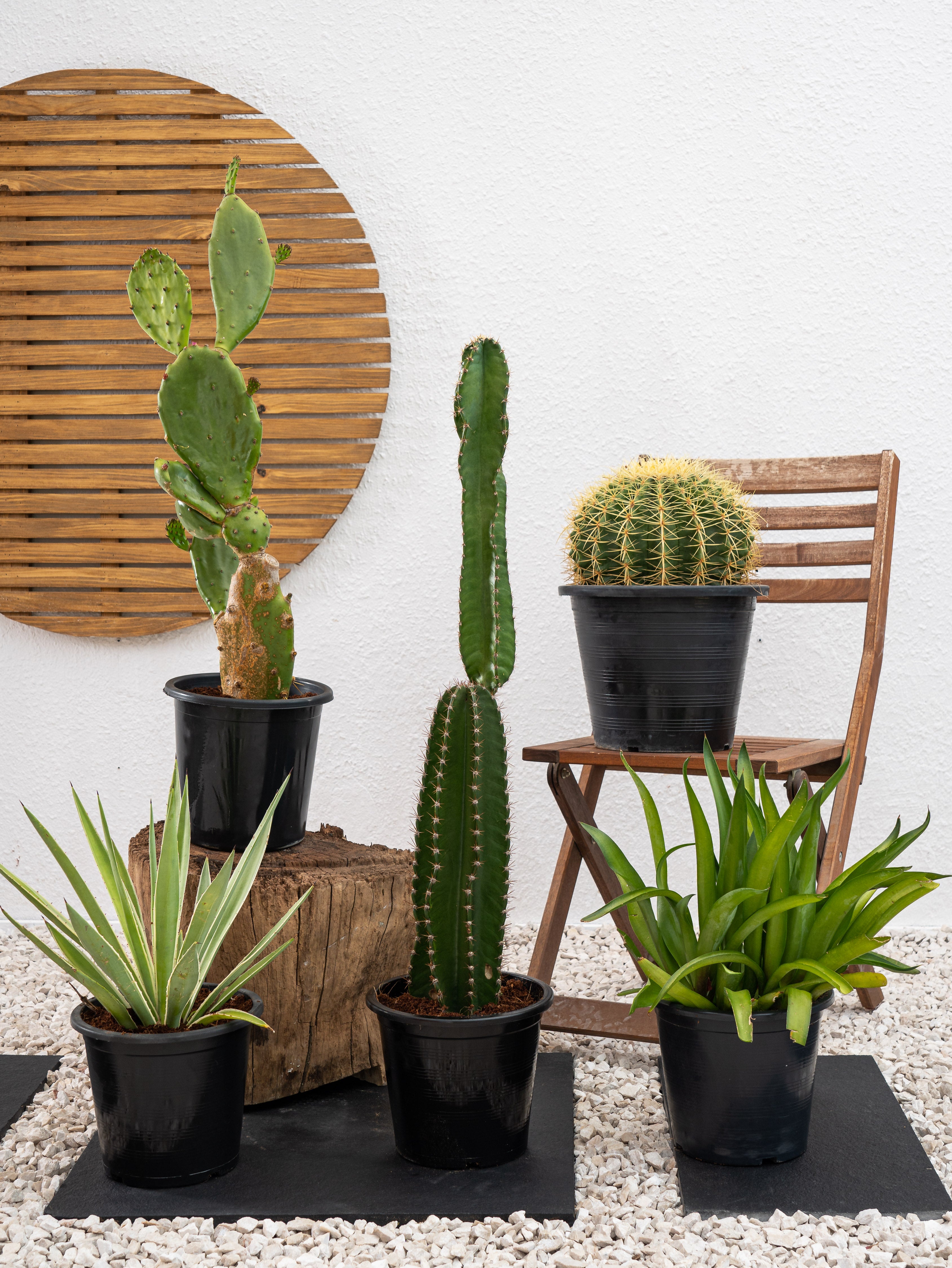
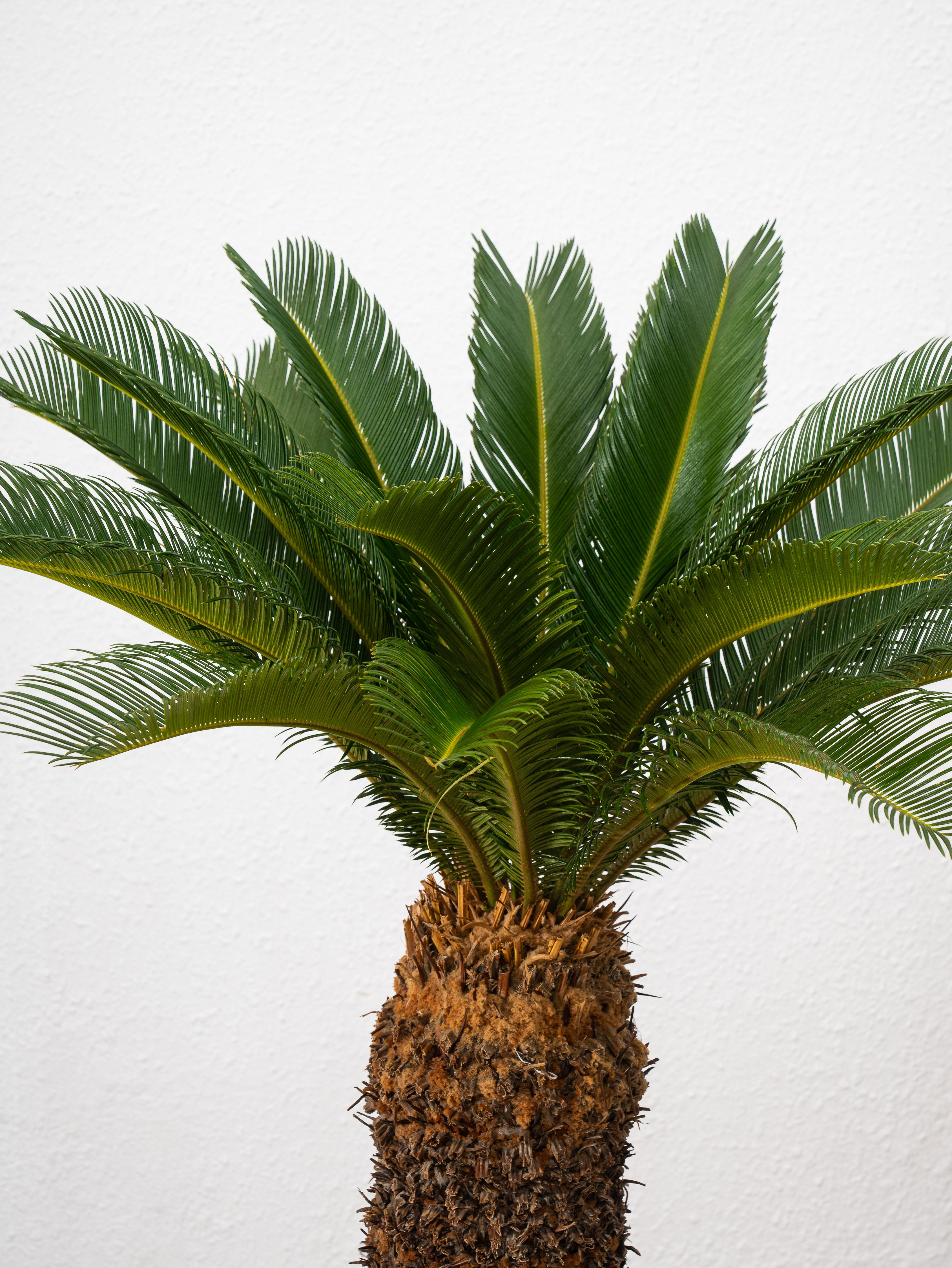
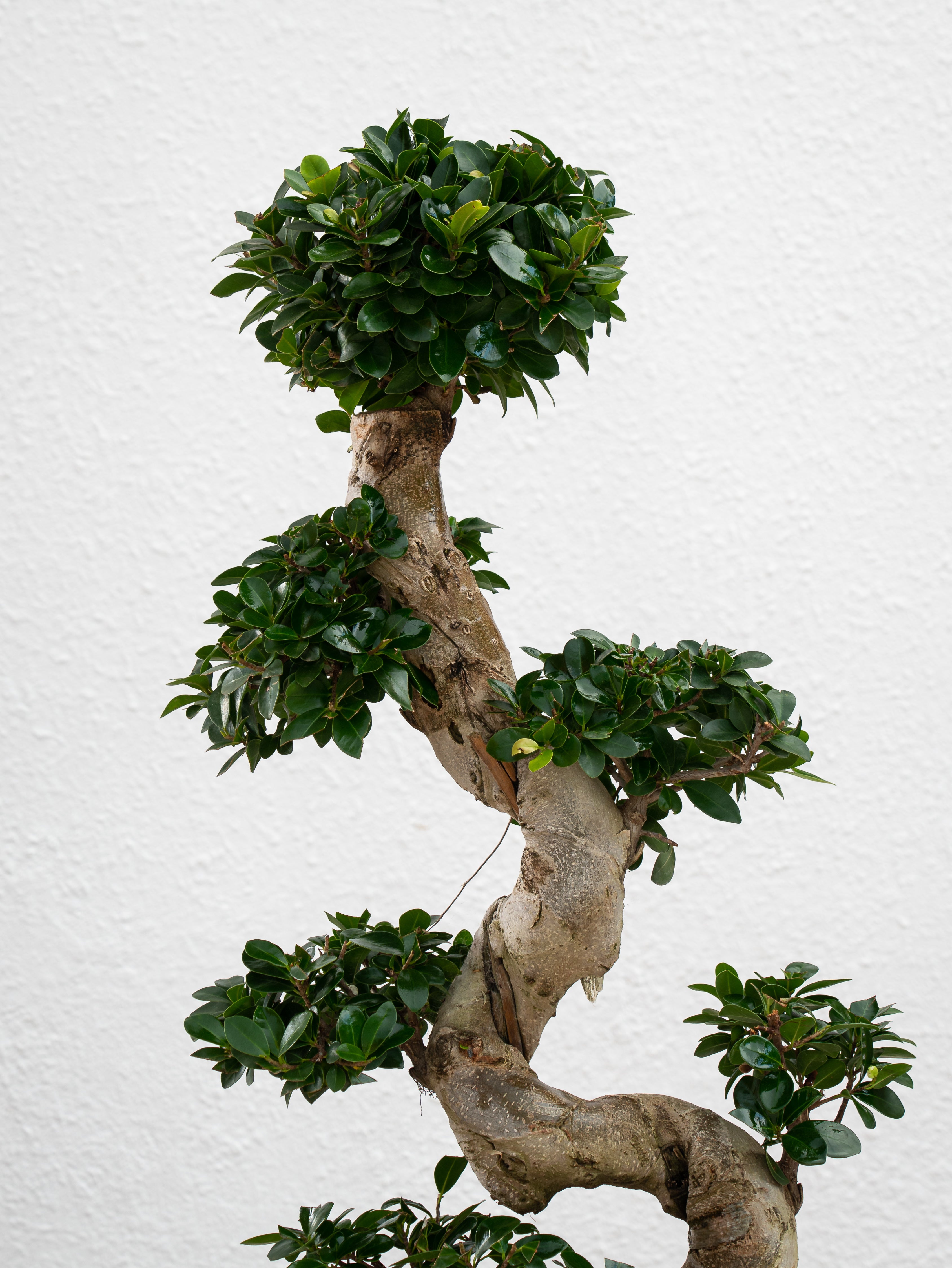
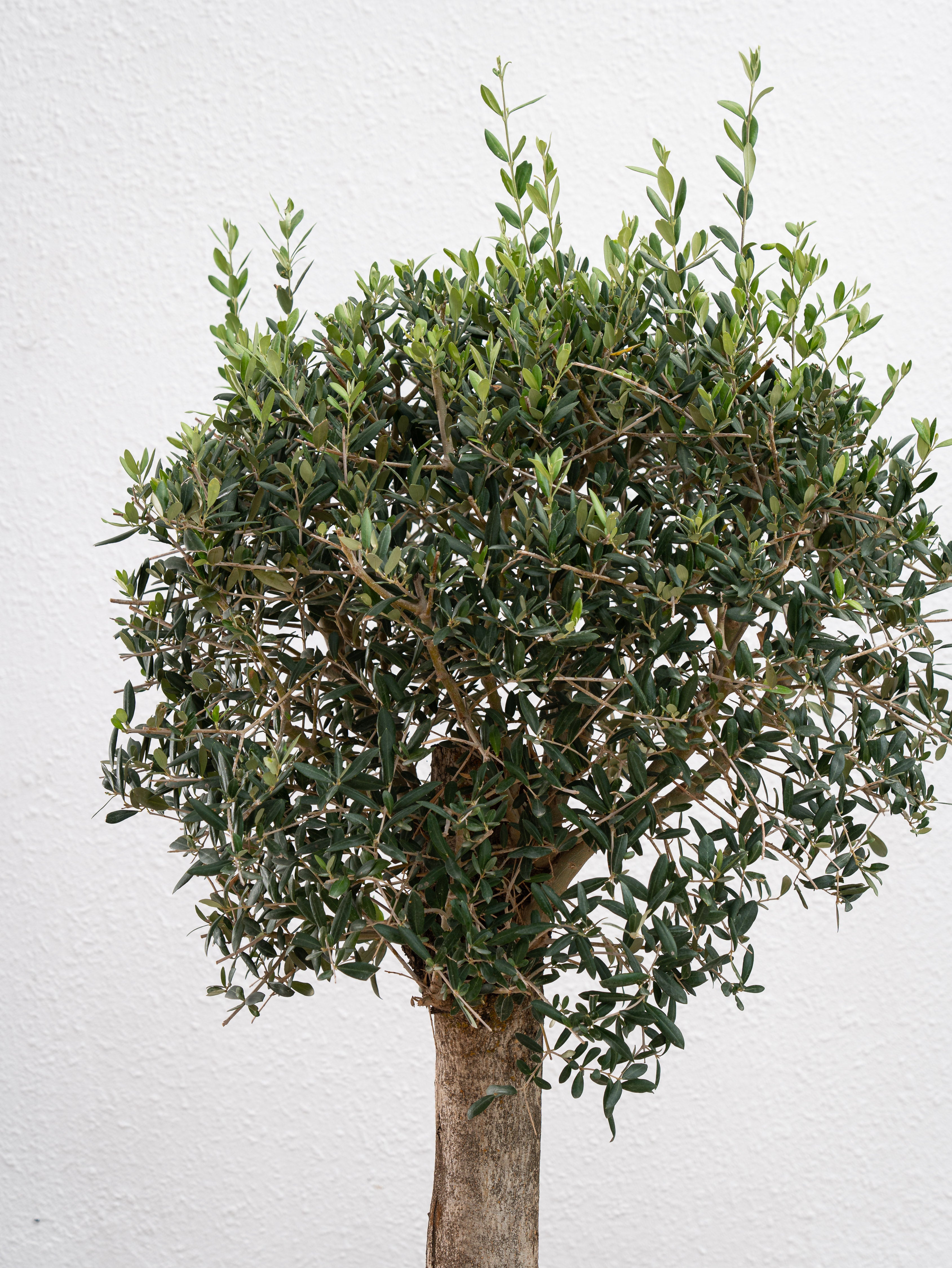
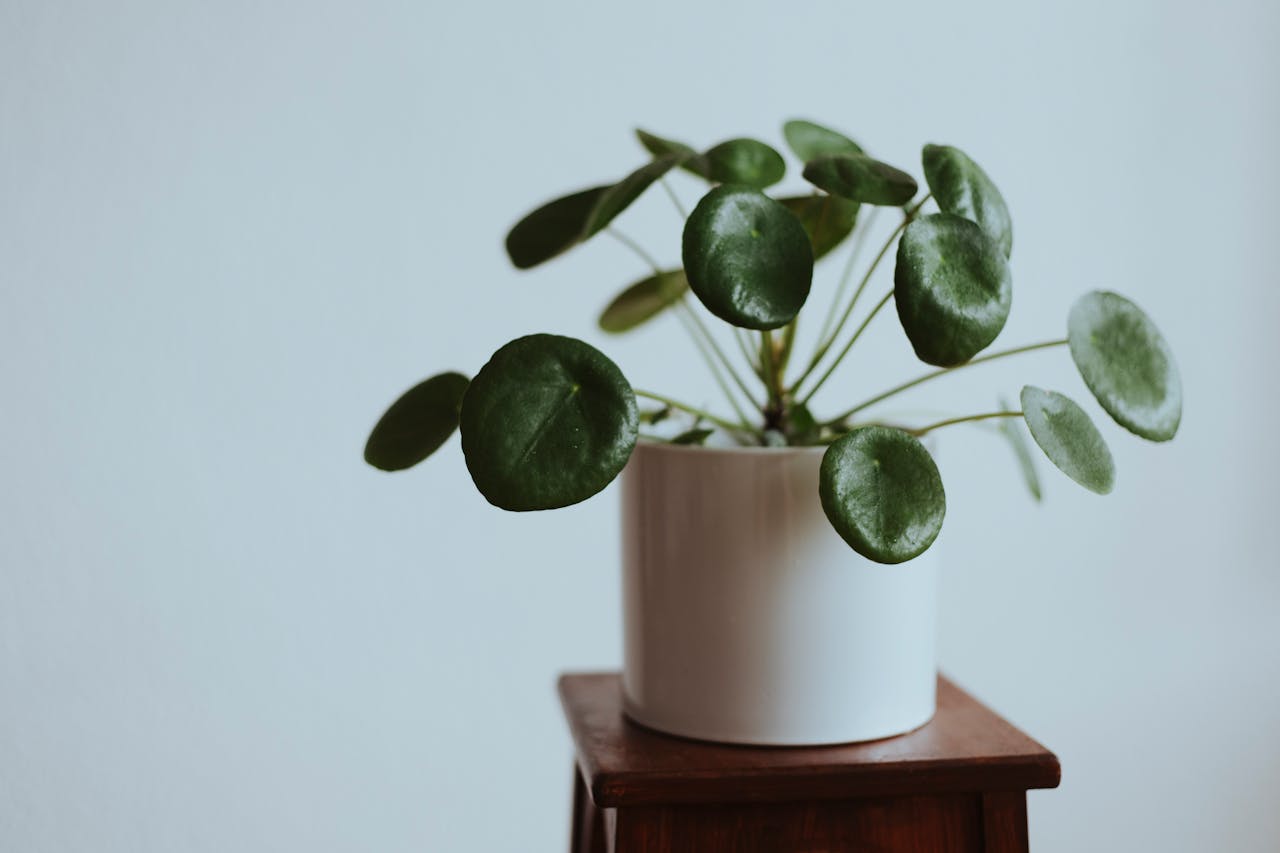
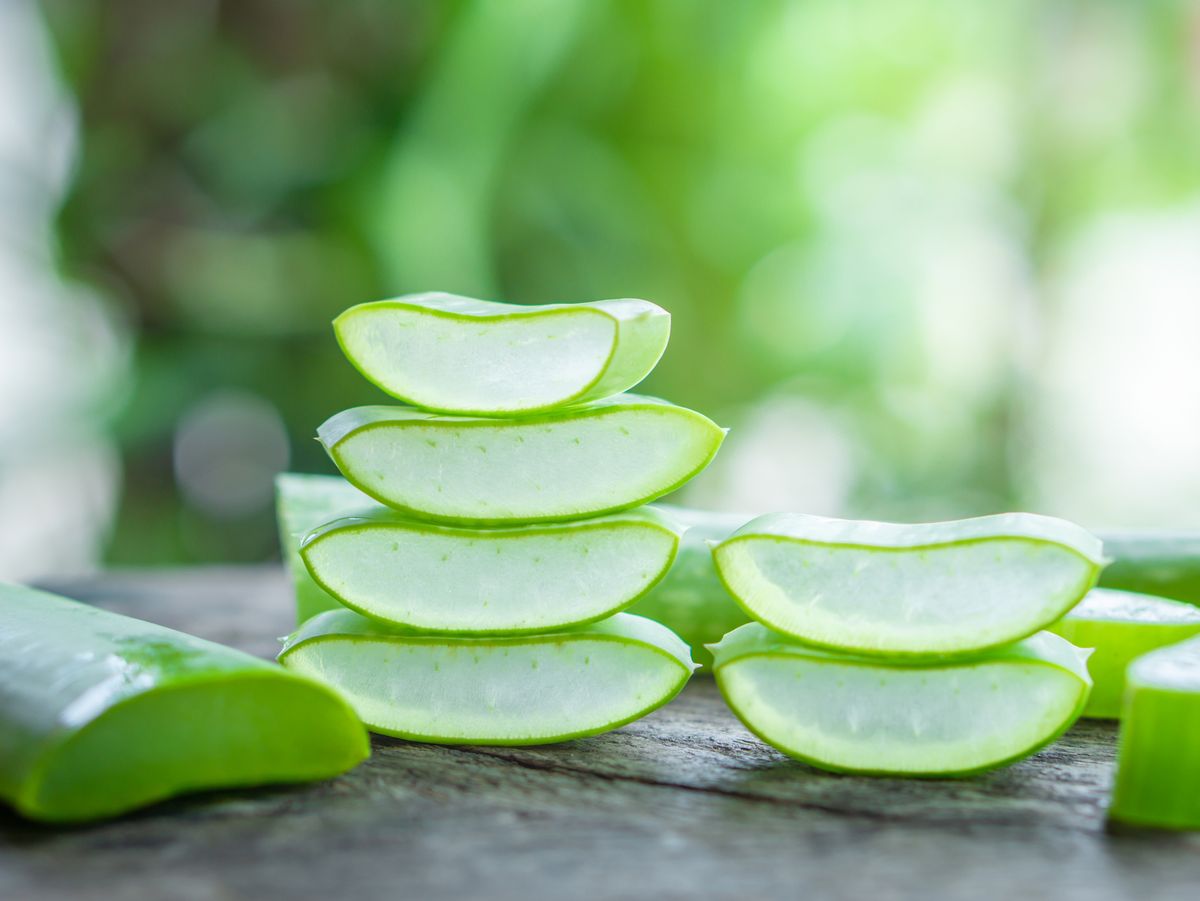

Leave a comment
This site is protected by hCaptcha and the hCaptcha Privacy Policy and Terms of Service apply.